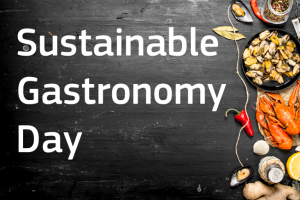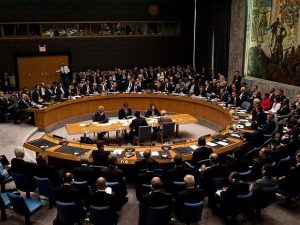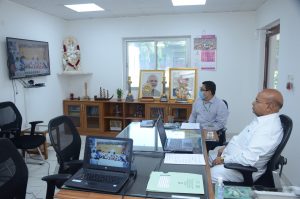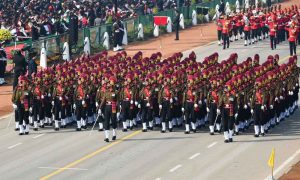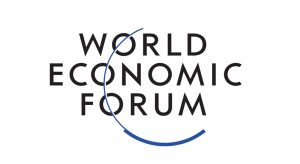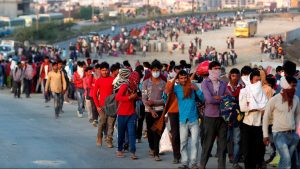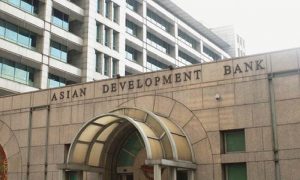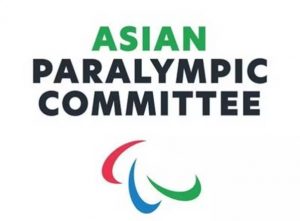VisionIAS
16:32

1) International Day for the Elimination of Sexual Violence in Conflict
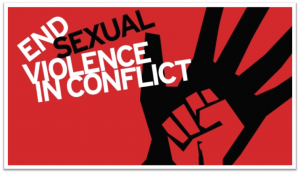
2) Autistic Pride Day: 18th June

3) India releases National Report on the state of Climate Crisis
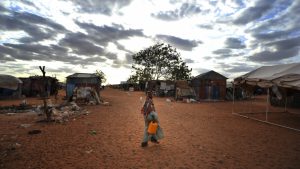
4) Karnataka Government observes “Mask Day” on 18 June

•To observe “Mask Day”, the Karnataka government organised a march which featured the participation of public representatives, dignitaries and medical staff. Through the march, the participants spread awareness among the people about the national directives issued to contain the COVID-19.
5) Volkan Bozkir becomes new president of 75th UN General Assembly

•Bozkir won the unanimous support of the 178 UN members. He will take over from Tijjani Muhammad-Bande, the present General Assembly president. A General Assembly president has a one-year term.
6) International Workshop on “Good Governance Practices in a Pandemic”
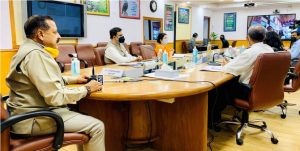
•The two-day Conference featured the participation of 81 International Civil Servants from 16 Countries. The participants included the Chief of Staff, Sri Lanka Army Major General HJS Gunawardena, 19 Senior Secretaries to Government from Bangladesh, 11 District Administrators from Myanmar, Senior officials from Bhutan, Somalia, Thailand, Tunisia, Tonga, Kenya, Morocco, Nepal, Oman, Sudan and Uzbekistan.
7) ICICI Home Finance launches “SARAL” scheme for affordable house loan

8) BoB to completely digitize its lending operations
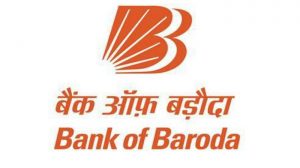
9) CCI approves acquisition of Metso Minerals business by Outotec

•The Proposed merger relates to acquisition of Metso’s minerals business by Outotec. As per the merger, the shareholders of Metso will receive newly issued shares in Outotec after the transfer of Metso Minerals to Outotec. After the merger, the combined entity will operate under the name “Metso Outotec”.
10) British Petroleum to set up Global Business Service Centre in Pune

•The planned Global Business Service Centre will employ around 2000 people and provide business processing as well as advanced analytics capabilities in support of British Petroleum businesses worldwide. The GBSC in India will allow the oil major to tap into India’s digital talent pool and would result in its development and application of cutting-edge digital solutions.
11) MoHUA & SIDBI signs MoU for PM SVANidhi scheme

•According to the MoU, PM SVANidhi Scheme will be implemented by SIDBI under the guidance of MoHUA. The credit guarantee to the lending institutions would also be managed by the SIDBI through Credit Guarantee Fund Trust for Micro and Small Enterprises (CGTMSE).
•Small Industries Development Bank of India (SIDBI) will ensure effective implementation of the scheme by providing a Project Management Unit (PMU) consisting of domain experts in training/ capacity building, project and platform management, banking, NBFC and MFI sectors etc for the period of scheme, i.e. upto March 2022. SIDBI will also leverage the network of lending Institutions for the Scheme implementation. The lending institutions will include Scheduled Commercials Banks (SCBs), Non-Bank Finance Companies (NBFCs), Regional Rural Banks (RRBs), Co-operative Banks, Small Finance Banks (SFBs), etc.

